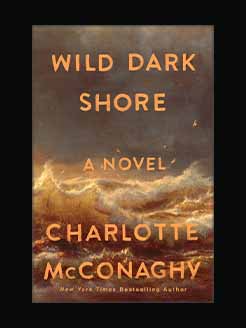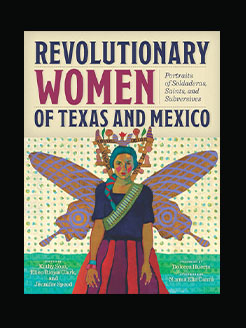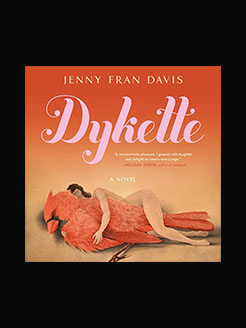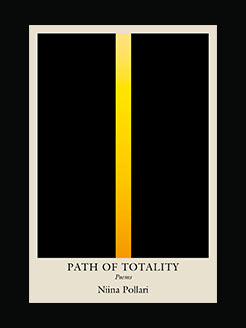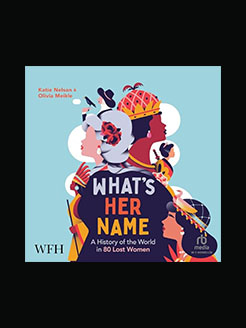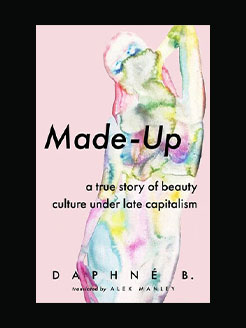Published in 2014
352 pages
Jacqueline Rose is internationally acclaimed as a public intellectual for her writing on feminism, literature, and psychoanalysis and is professor of English, Queen Mary University of London. In the autumn term of 2014 she takes up the Diane Middlebrook and Carl Djerassi Chair in Gender Studies in Cambridge. From January 2015, she will be professor of the humanities at the Institute of the Humanities, Birkbeck, University of London. Her many books include The Haunting of Sylvia Plath and On Not Being Able to Sleep, and a novel, Albertine. She is a regular contributor to the London Review of Books. She lives in London.
What is this book about?
Jacqueline Rose’s new book begins with three remarkable women: revolutionary socialist Rosa Luxemburg; German–Jewish painter Charlotte Salomon, persecuted by family tragedy and Nazism; film icon and consummate performer Marilyn Monroe.
Together these women have a shared story to tell, as they blaze a trail across some of the most dramatic events of the last century – revolution, totalitarianism, the American dream. Enraged by injustice, they are each in touch with what is most painful about being human, bound together by their willingness to bring the unspeakable to light.
Taking the argument into the present are today’s women, courageous individuals involved in some of the cruellest realities of our times. Grappling with the reality of honour killing – notably through the stories of Shafilea Ahmed, Fadime Sahindal and Heshu Yones – Rose argues that the work of feminism is far from done. In the final three chapters, she celebrates the work of three brilliant contemporary artists – Esther Shalev-Gerz, Yael Bartana and Thérèse Oulton – whose work grows out of an unflinching engagement with all that is darkest in the modern world.
Women in Dark Times shows us how these visionary women offer a new template for feminism. Taking their stand against the iniquities of our times, they tread a path between public and private pain, confronting us with what we need most urgently, but also often, cannot bear to see.
